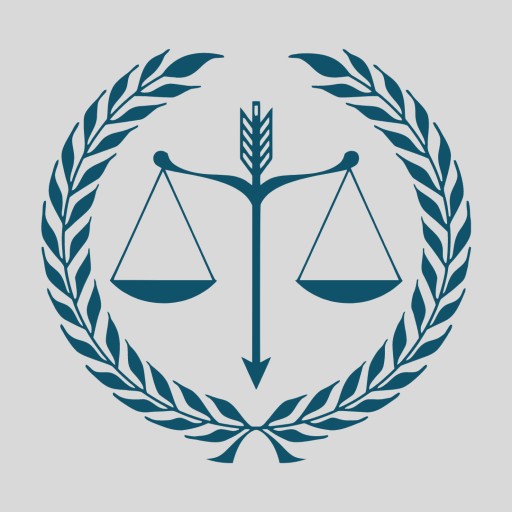Understanding Workplace Sexual Harassment: When to Seek Legal Help from an Attorney
Understanding what workplace Sexual Harassment is and when to seek help from an Attorney is crucial. Sexual harassment in the workplace is a serious issue that affects countless individuals and can undermine the integrity and productivity of a work environment. Despite increasing awareness and legislative efforts, many victims still face challenges in addressing harassment effectively. If you find yourself a victim of sexual harassment at work, seeking legal counsel can be a crucial step in protecting your rights and ensuring a safe work environment. Here’s how an attorney can help you navigate this complex and sensitive issue.
Understanding Sexual Harassment
Sexual harassment encompasses a range of behaviors, from unwelcome advances and inappropriate touching to verbal comments and suggestive gestures. It’s essential to recognize that harassment can occur in various forms, and acknowledge that anyone can be a victim.
Quid pro quo refers to when someone in a position of power offers an employee job benefits contingent on sexual favors. Another type of harassment, a hostile work environment, is where someone’s behavior creates an intimidating or hostile atmosphere (this can be perpetrated by any member of the workplace). Conduct that contributes to an unsafe environment includes inappropriate touching, sexual jokes, and repeated requests for dates. Workplace sexual harassment can emerge in different forms, and it is of the utmost importance to connect with a legal attorney to be able to receive justice for the situation.
The Role of an Attorney
Assessing Your Situation
One of the first steps an attorney will take is to evaluate the specifics of your case. This involves gathering detailed information about the incidents of harassment, including dates, times, and individuals involved. An attorney can provide clarity on whether the behavior constitutes sexual harassment under state and federal laws and outline your legal options.
Legal Advice and Guidance
Navigating the legal landscape surrounding sexual harassment can be complex. An attorney specializing in employment law can offer expert advice on the best course of action, whether it’s filing a complaint with your employer, reporting the harassment to a government agency, or pursuing legal action in court. They can help you understand your rights, the potential outcomes, and the steps involved in each option.
Filing Complaints
In many cases, the initial step in addressing sexual harassment is to file a formal complaint with your employer or human resources department. An attorney can assist in drafting and submitting this complaint, ensuring that it is thorough and compliant with legal standards. They can also guide you through the process of filing a charge with the Equal Employment Opportunity Commission (EEOC) or a similar state agency if internal remedies are inadequate.
Gathering Evidence
Building a strong case often requires substantial evidence. An attorney can help you collect and organize evidence to support your claims, including witness statements, emails, and other documentation. This evidence is crucial in proving that harassment occurred and that it was severe enough to impact your work environment.
Providing Emotional Support
Dealing with sexual harassment can be emotionally taxing. An attorney can offer not only legal support but also a compassionate approach, helping you navigate the psychological impact of the situation. They can recommend resources for counseling or support groups to aid in your recovery.
Sexual harassment in the workplace is a grave issue that should never be ignored. If you or someone you know is experiencing harassment, consulting with an experienced attorney can make a significant difference. For expert legal assistance in handling sexual harassment cases, contact Pulvers, Pulvers & Thompson, L.L.P. today at 212-355-8000. Our dedicated team of attorneys is here to support you through every step of the process and ensure your rights are protected.


